30 Amazing Facts That Will Change the Way You View the World
Time to bust out your re-thinking cap.

Sometimes, all it takes is one sentence. Life was normal one moment; the next, irrevocably changed. Maybe it's an earth-shattering epiphany or a paradigm-shifting phrase—something that completely upends your life. More likely? It's just a fact, a new revelation about something you thought you knew your entire life.
Yes, as with many things, it's the smallest things that make the largest impact. And knowledge is no exception. Did you know, for instance, that our planet doesn't actually revolve around the sun? Or that there's a creature out there that can get frozen solid and wake up like nothing happened? Yeah. We didn't think so. But that's just the tip of the surface. With the interest of blowing your mind into the stratosphere—and beyond—we've cobbled together the 30 most life-altering fascinating facts on the planet. Read on—at your own discretion. And to quench your thirst for knowledge even further, check out 40 Random Facts So Funny You'll Be Dying to Tell Your Friends About Them.
1
Frozen Lobsters Can Come Back to Life
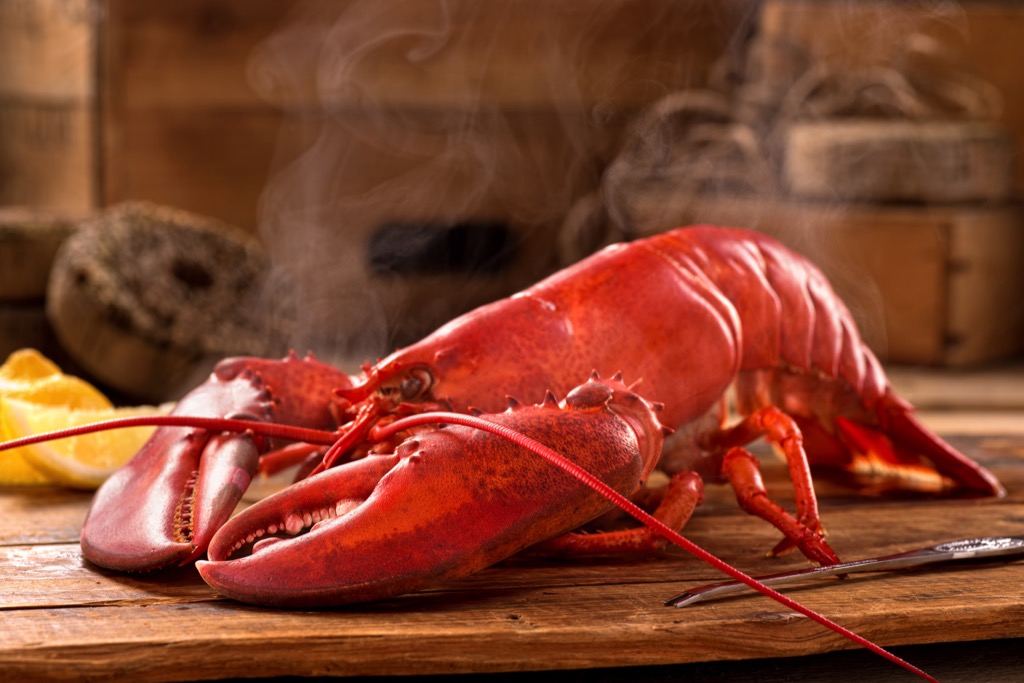
If you love a good lobster roll, watch out: you may be a fan of zombie flesh without even realizing it. Frozen lobsters have also been known to spring back to life after after an overnight freeze. The Connecticut-based company Trufresh stumbled upon the phenomenon after freezing its live lobsters in a minus-40 degree chemical; once the creatures thawed out, it was undeniable—they were still alive. Next, don't miss the 50 Most Amazing Facts For People Who Can't Get Enough Amazing Facts.
2
JEEP Is an Army Term

The sporty vehicles go their names from an army abbreviation for "General Purpose," or "G.P." which phonically translates to "JEEP." Hoo-ah.
3
Chameleons Change Color Based on Mood, Not Surroundings
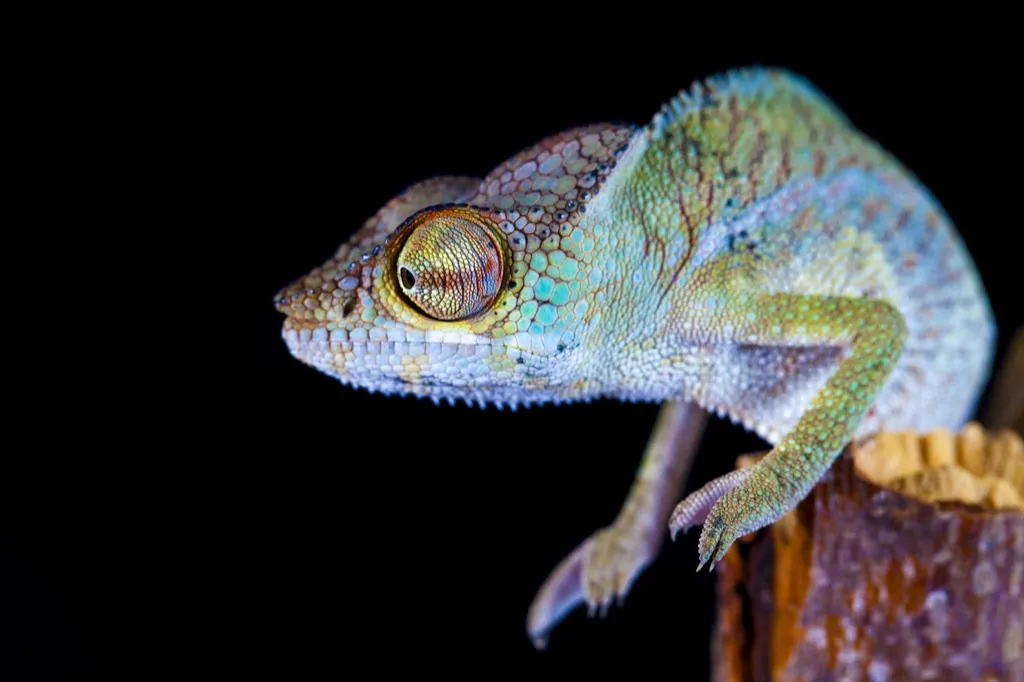
You've likely heard since you were young that chameleons change their color to match their environment—that when they're on a slate, their skin takes on a gray tinge, or when they're on a leaf, they turn green. In fact, these color-based changed are related to their mood, temperature, or other factors entirely unrelated to their surroundings. And more wild trivia from the animal kingdom, don't miss these 40 Amazing Animal Facts.
4
Russia Didn't Classify Beer as Alcoholic Until 2011

In Russian, beer was classified as a soft drink until 2011, when it was officially reclassified as alcoholic by Russian President Dmitry Medvedev. The change came out partly because of the rise in popularity of the drink, with sales rising more than 40% during the previous decade as it was marketed as a healthier alternative to vodka. And for some stateside info on the good stuff, don't miss The Best Craft Beer In Every U.S. State.
5
When a Male Lion Takes Over a Tribe, He Kills All the Cubs
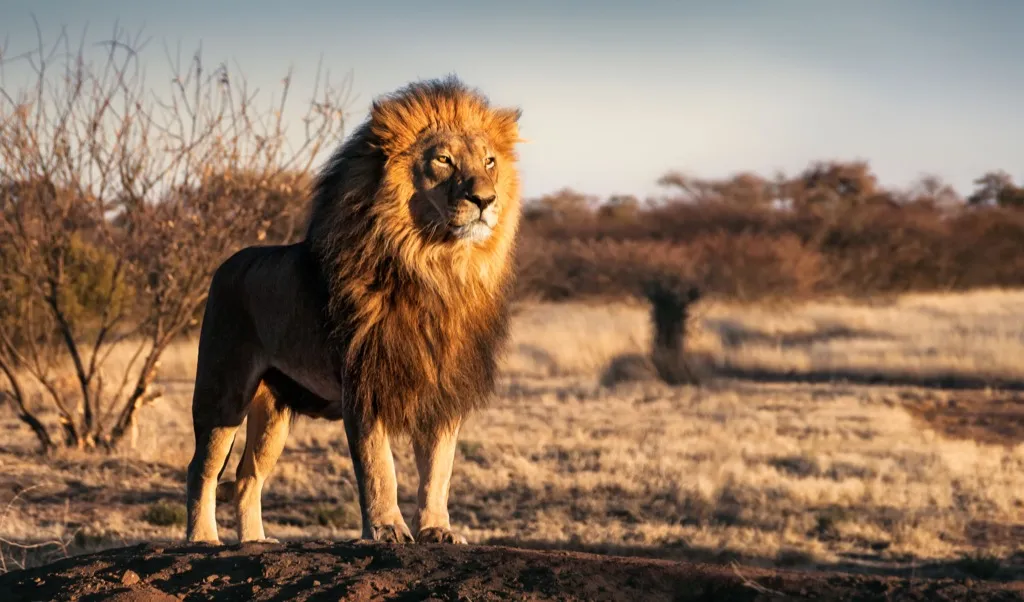
We may imagine lions as noble creatures, but they can be plenty brutal, too. As Livescience explains, "When male lions take over a new territory, they almost always kill the prides' cubs, since they are not biologically related and do not want to spend energy ensuring that other lions' genes will be passed on." Guess they aren't interested in being stepfathers.
6
A Traffic Jam Once Lasted 12 Days

You think your commute is bad, but this should give you some perspective: In August 2010, a traffic jam in Beijing lasted a dozen days, stretching 62 miles along the Beijing-Tibet expressway and China National Highway 110. It finally dissipated after authorities allowed more trucks to enter Beijing—the city has strict "road space rationing" laws—around the clock and got trucking companies to take alternate routes.
7
Without Empty Space, the World's Atoms Could Fit Into a Grain of Salt
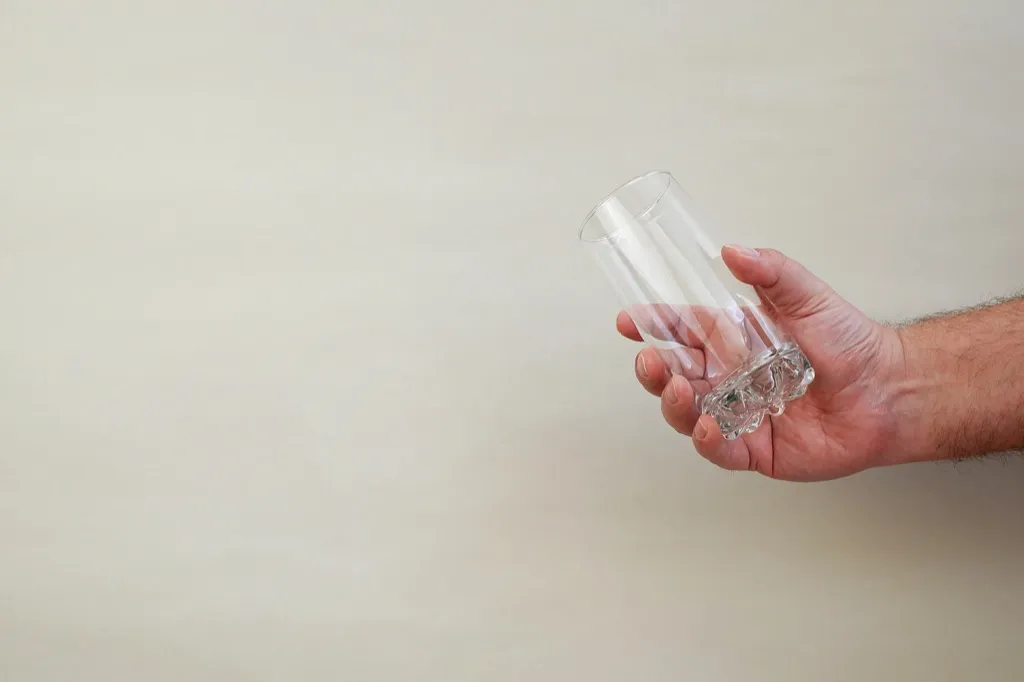
We are surrounded by empty space—not just between ourselves and the outside world, but between and even within our atoms. As the BBC explains, "That means even the most solid-looking objects we see are predominantly nothingness. Put another way, if you were to remove all the empty space in the atoms that make up a human being, he or she would be a lot smaller than a grain of salt."
8
A Hummingbird Weighs Less Than a Penny
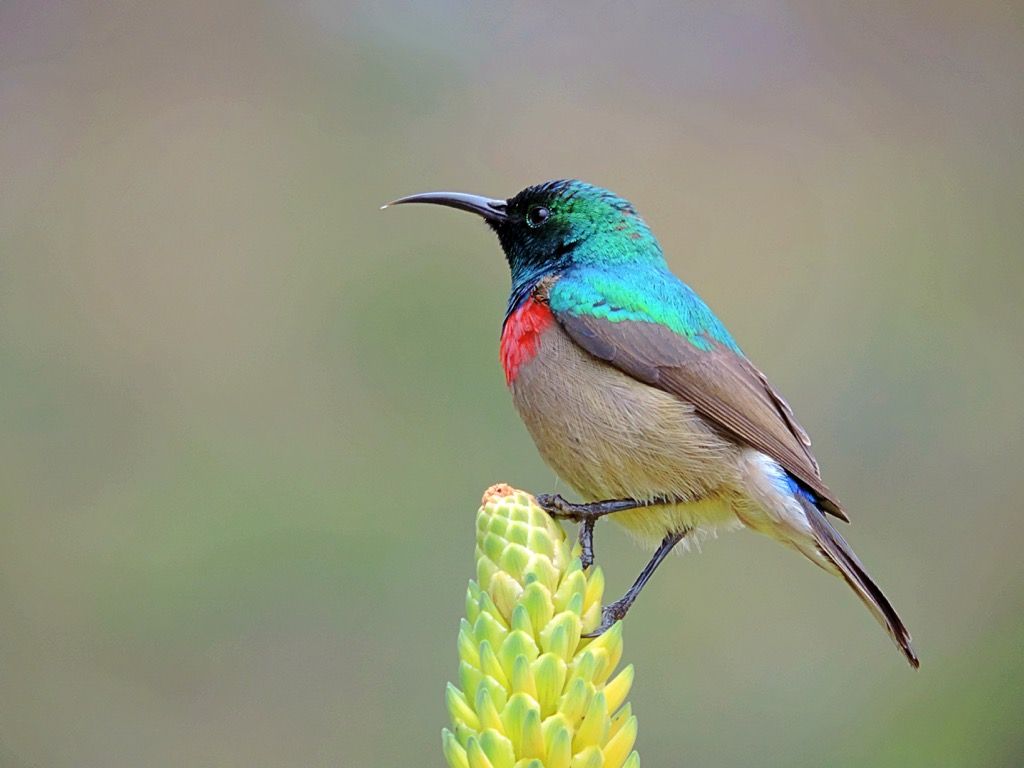
Well, a certain species of hummingbird: The Cuban Bee Hummingbird, a colorful creature that is given that name because it is often mistaken for a honey bee (it is also often called a Penny Bird due to its light weight).
9
It's Snowed in Downtown Los Angeles

Famous for its hot winters, Los Angeles is not totally unfamiliar with snow. In fact, in January 1949, it got a three-day snow storm; the San Fernando Valley reaped nearly a foot of the stuff—the greatest snow storm in the city's history.
10
Phoenix Has Seen Snow, Too

Twice, in fact, and both in the same decade: January 20, 1933, and January 21, 1937. Though snow is virtually unheard of in this famously toasty, arid city, on both those occasions it saw an inch of snow, making it the greatest amount of snow the region had ever seen.
11
Adding Salt to Water Doesn't Make it Boil Faster

You've no doubt been cooking up pasta at some point in your life and tossed in a pinch of salt, believing that will not only add some extra flavor to the dish, but make the proceedings move along faster. But despite popular belief, salt doesn't make water boil any faster—and may actually slow it down by increasing the water's boiling point—to about 216 degrees Fahrenheit, compared to the standard 212 degrees Fahrenheit.
12
Tug of War Used to Be an Olympic Sport

We usually think of it as a goofy game at summer camp, but tug of war used to be seen as a serious athletic event. So much so, that it was part of the Summer Olympics at every one of the Games until 1920. Over the game's Olympics history, the country that proved best at it was the United Kingdom: two golds, two silvers, and a bronze.
13
Solo Synchronized Swimming Was Once an Olympic Sport

If you thought tug of war was weird, the Los Angeles Games of 1984 saw the introduction of solo synchronized swimming. Sounds like an oxymoron, but it worked something like a ballet in the water—the "synchronized" part refers to the swimmer staying in sync with the music, not other swimmers. American took home top prize that year, with Tracie Ruiz nabbing the gold. The sport was discontinued by the IOC in 1992.
14
Toilet Seats Are Cleaner Than Your Cell Phone

Okay, you still want to wash your hands after you visit the washroom, but you might want to disinfect your cell phone while you're at it, too. In a study by the University of Arizona, cell phones were found to have 10 times more germs than a toilet seat that was tested in the experiment. Yeah… this may be a good time to learn The Single Healthiest Way to Wash Your Hands.
15
Toilet Seats Are Cleaner Than a Lot of Other Things You Use Daily

The grossness of the germs we interact with everyday doesn't stop at our cell phones: Your handbag can carry three times the amount of bacteria as a toilet seat. Your computer keyboard? Five times. Your faucet handle? 21 times. Your kitchen sponge? 456 times. So worry about the many other things that could make you sick.
16
Humans Have a Sixth Sense—and Maybe a Dozen or More

We all know the five senses—touch, taste, smell, sight, and hearing—but humans sell themselves short when they talk about their five senses. In fact, neuroscientists have identified a number of other senses that are fundamental to our interactions with the world. For example, chronoception is our sense that time is passing, while thermoception is our sense of a space's temperature (and whether it is too hot or cold). Altogether, some experts estimate that humans have as many as 33 senses.
17
Chewing Gum Takes as Long to Digest as Anything Else

You probably know that swallowing gum doesn't take the seven years to digest that moms still tell their kids to keep them from choking. But it's hard not to pause when about to swallow gum and assume it must sit in your system for at least a little while longer than breakfast or lunch. In fact, it's digested just as quickly as anything else.
18
One in 10 Europeans Were Conceived on IKEA Beds

You knew the massive retailer was popular, but probably didn't realize they were something of an aphrodisiac. The producer of affordable furnishings and everything else is so ubiquitous throughout Europe that, according to The New Yorker, a full 10 percent of Europeans have been conceived on a bed from IKEA.
19
The FDA Allows Up to 60 Bugs in 100 Grams of Broccoli

While food producers would like to limit the number of pests and other gross stuff that ends up in their products to zero, the reality is that some nasty stuff gets in there, and the Food and Drug Administration gives a little flexibility on gross things. For example, up to 60 aphids, thirps, or mites from the broccoli field are allowed into 100 grams of broccoli sold in stores (or a little more than 200 in the standard 12-ounce bag of frozen florets).
20
Three Maggots in Your Tomatoes Is Okay
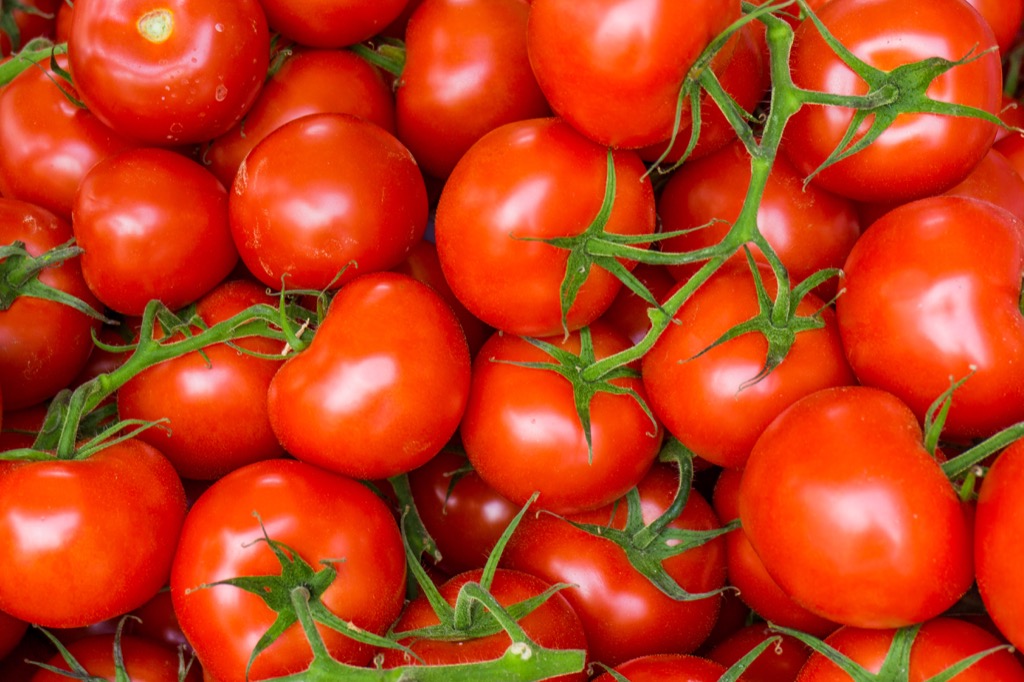
Another surprising FDA regulation: Three maggots is a permissible amount in a 28-ounce can of tomatoes. Buy fresh, folks.
21
FDA Also Okays Rodent Hair in Your Pasta

One more: A 16-ounce box of pasta is legally allowed to contain nine rodent hairs. So take a close look before you chomp down on that fettuccine.
22
The Earth Doesn't Orbit Around the Sun

Our planet does not orbit around the Sun, like we all learned in grade school. In fact the Earth, along with the Sun and the rest of the planets, orbits around the center of mass of the solar system (which just happens to be very close to the Sun).
23
Hiccup Attacks Can Last Decades

If you've ever gotten sick of having the hiccups, keep Charles Osborne in mind. The Iowa native started a hiccup spree in 1922 (as he was preparing a hog to slaughter) and just kept going until 1990, when, all of a sudden, he just stopped. The grand total: 68 years.
24
Cockroaches Can Live for Days Without Their Heads

You knew these insects were tenacious, but they can actually live for days after having their heads cut off. Unlike humans, the pests' brains don't control their breathing and they breathe through little holes in their body called spiracles. Their heads can even survive without bodies, with antennae moving for hours after decapitation.
25
There's an Octopus that Can Change Shape to Imitate Other Animals
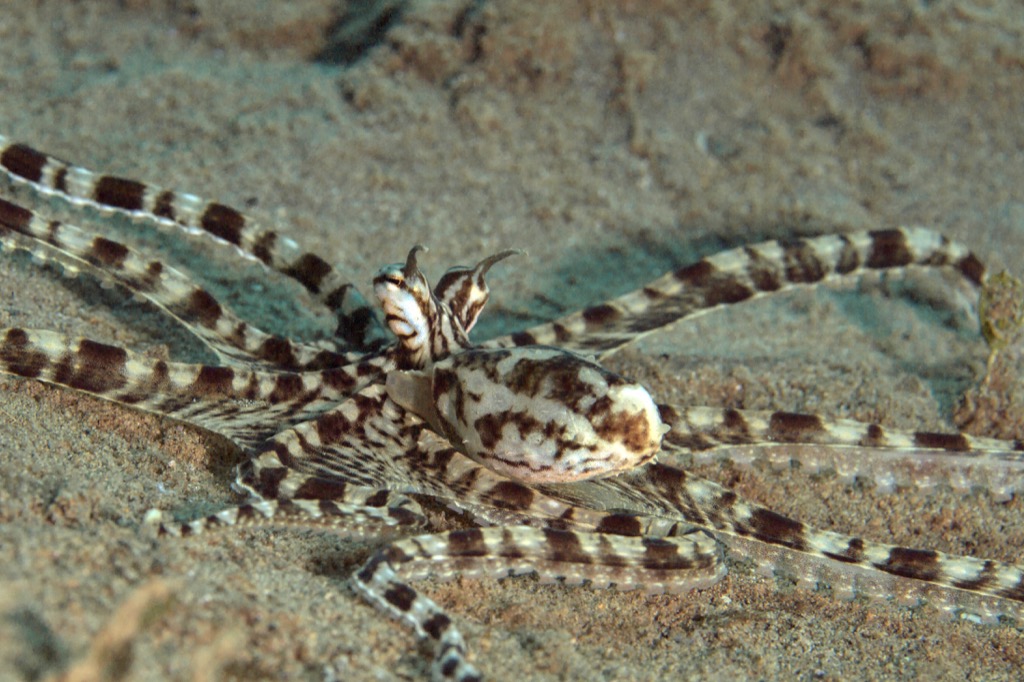
If you thought changing colors was cool, meet the mimic octopus, which not modifies its own color to serve as camouflage but also changes its shape. For example, hovering above the sea bed with it arms spread wide to mimic a venomous lion fish or burying all but two of its arms below the sand to look like a long sea snake.
26
A Giraffe Cleans Its Ears With Its Tongue
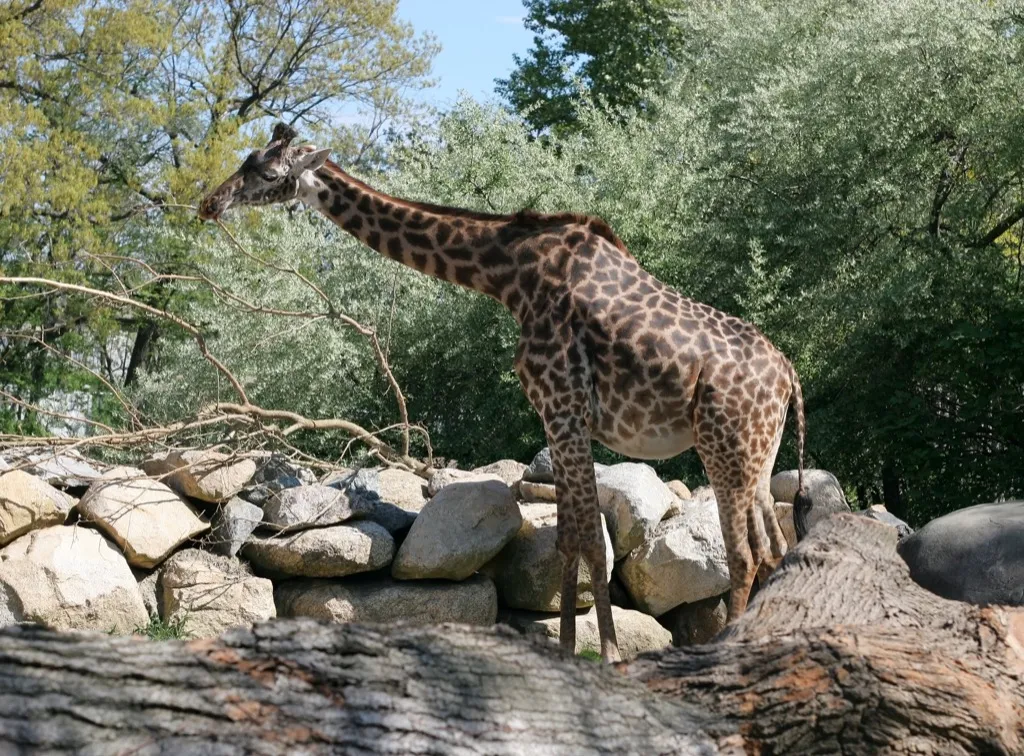
Not only are they the tallest animal in the kingdom, giraffes may be the most creatively fastidious, using their on-average 21-inch tongues to clean their own ears.
27
Twister Used to Be Seen as Scandalous
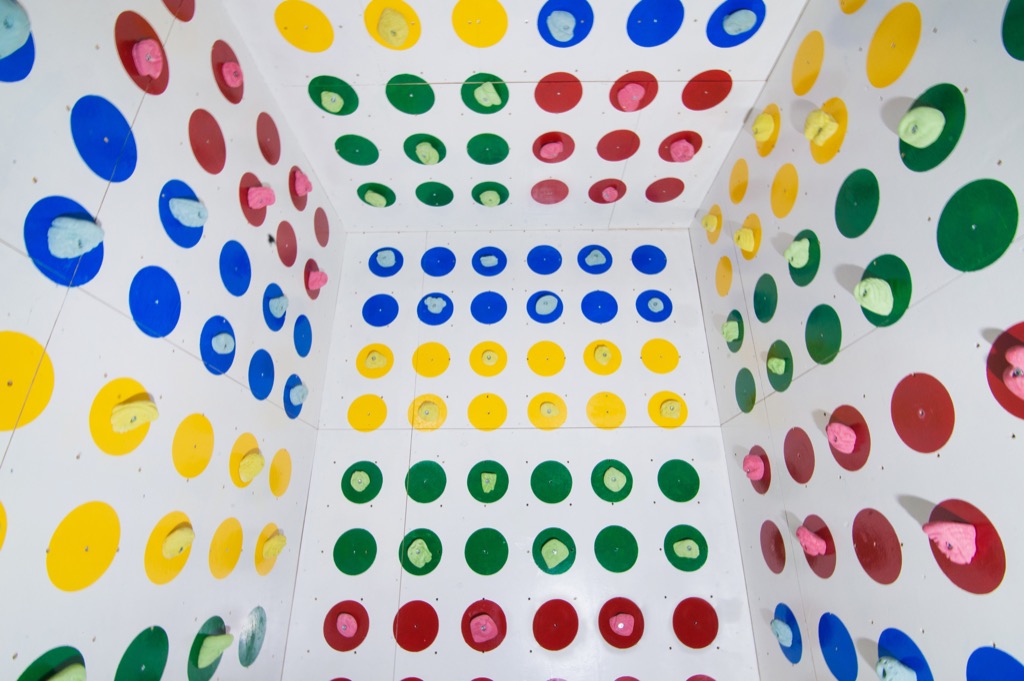
That multicolored contortion game of Twister has come to seem like innocent, nostalgic fun, but it wasn't always that way. When first released in 1966, it was deemed "too risqué" for the Sears catalog, and was dubbed "sex in a box" by critics.
28
The World's Eight Richest People Have the Same Wealth as the World's Poorest 50%

You are familiar with the idea that the rich are getting richer and the poor are getting poorer, but you probably didn't realize how stark things had gotten. According to a report from Oxfam, the eight richest people in the world (a list topped by Microsoft Founder Bill Gates) have riches equivalent to 3.6 billion people.
29
Adjusted for Inflation John D. Rockefeller Would Be Worth Four Times Bill Gates
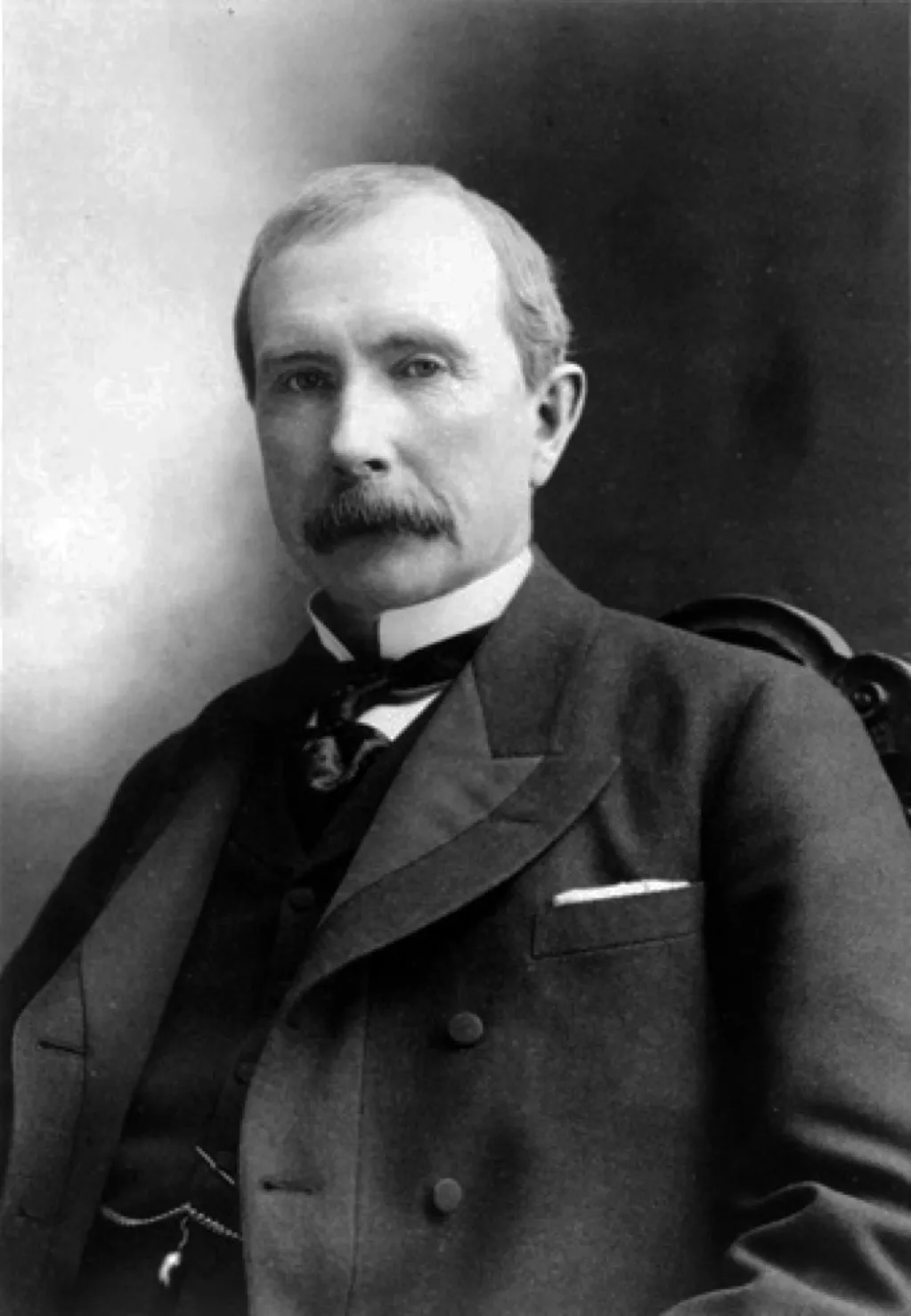
But historically, Bill Gates is not the richest American ever. That distinction goes to John D. Rockefeller, whose vast assets, worth 1.5% of America's total economic output at the time of his death in 1937, and would be worth more than four times Gates' wealth today.
30
Pope Francis Is an Honorary Harlem Globetrotter

He's one of only 10 high-profile people to receive the honor, including Nelson Mandela, Bob Hope, Henry Kissinger, Whoopi Goldberg, and fellow pope John Paul II. For more fun facts, check out 30 Craziest Facts About Planet Earth You Never Knew.
To discover more amazing secrets about living your best life, click here to sign up for our FREE daily newsletter!





















